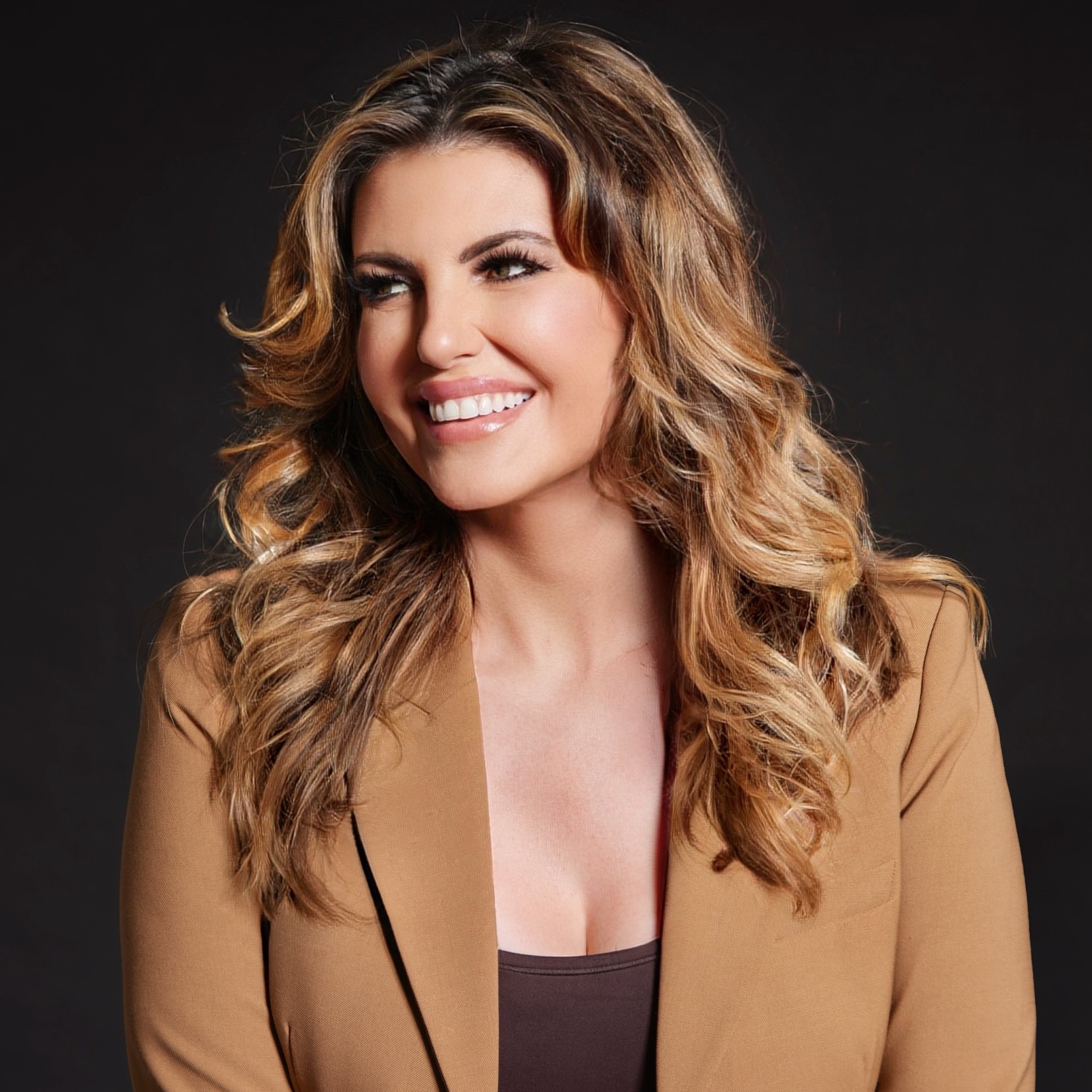
The Roles We Play in Family Dynamics
January 17, 2025

Families are the first social systems we encounter and often the origin of patterns tied to family dysfunction. Within these systems, we often take on specific roles—some consciously, others unconsciously—that influence family dynamics and our individual sense of self. Understanding these roles can be a powerful step toward healthier relationships and personal growth.
What Are Family Roles?
Family roles refer to the recurring patterns of behavior or expectations assigned to each family member. These roles may arise from personality traits, parental guidance, birth order, or even cultural and societal norms. While some roles serve to maintain balance and order, others may perpetuate dysfunction, especially in families dealing with stress, trauma, or conflict.
Common Family Roles
Some of these roles help maintain balance, while others reflect deeper family dysfunction, especially in the face of stress or trauma:
1. The Caregiver
Often taking on a nurturing and supportive role, the caregiver ensures that the emotional and physical needs of the family are met. While this role can foster deep connections, caregivers may neglect their own needs, leading to burnout or resentment.
2. The Hero
The hero is typically the overachiever, striving to bring pride to the family through accomplishments. While this role may inspire admiration, it often stems from a desire to mask or compensate for family issues. The hero may struggle with perfectionism and anxiety.
3. The Scapegoat
The scapegoat often becomes the outlet for family frustrations. Blamed for problems or seen as a “troublemaker,” this individual may rebel against family norms. Over time, they may internalize feelings of inadequacy or alienation.
4. The Mediator
The mediator is the peacekeeper, working tirelessly to resolve conflicts and maintain harmony. While this role can reduce tension, mediators often suppress their own emotions and needs to avoid upsetting others.
5. The Mascot
The mascot uses humor or charm to deflect tension and lighten the mood during difficult times. Though they bring levity, mascots may struggle with being taken seriously or addressing deeper emotions.
6. The Lost Child
Quiet and reserved, the lost child avoids conflict by fading into the background. This role allows them to escape family stress, but it can lead to feelings of isolation and difficulty forming meaningful connections.
How Do These Roles Impact Us?
Even roles that seem positive can stem from family dysfunction, shaping our identity in unseen ways. Family roles can shape our beliefs, behaviors, and relationships well into adulthood. They influence how we see ourselves and how we interact with others. For example:
- Positive Impact: Roles like the caregiver or hero may foster empathy, resilience, and a strong sense of responsibility.
- Negative Impact: Roles like the scapegoat or lost child may contribute to low self-esteem, unresolved anger, or difficulty expressing emotions.
Breaking Free from Unhealthy Roles
Recognizing patterns of family dysfunction allows you to reclaim your identity and begin healing. While family roles can feel ingrained, they are not immutable. Here are steps to break free from roles that no longer serve you:
- Awareness: Reflect on the roles you’ve played within your family. Journaling or discussing these patterns in therapy can be helpful.
- Set Boundaries: Learn to establish healthy boundaries that prioritize your well-being without disregarding others’ needs.
- Reclaim Your Identity: Explore your interests, values, and goals outside the context of family expectations.
- Seek Support: Engage in counseling or support groups to navigate the process of redefining your role.
- Foster Communication: Open, honest dialogue with family members can help shift dynamics and create space for healthier interactions.
Moving Forward from Family Dysfunction
Understanding family roles is not about assigning blame but about gaining insight into patterns that shape our lives. By recognizing these dynamics, we can make conscious choices to foster healthier relationships and embrace our authentic selves. Whether you’re the caregiver, hero, scapegoat, or any other role, remember: you have the power to redefine your narrative and build the life you envision.

Cory is a licensed professional counselor and board-approved supervisor in Texas with extensive experience in mental health, crisis intervention, and relationship counseling. With a background in education and a Master’s in Counseling from Southern Methodist University, she specializes in supporting individuals, couples, and families. Beyond her clinical work, Cory is a dedicated community leader, having founded the nonprofit Together Richardson, acquired Richardson Living Magazine, and served on multiple leadership boards. She is passionate about blending professional expertise with faith-based mental health initiatives through her work with Beacon of Light.
accept
We use cookies to improve your browsing experience and ensure the website functions properly. By selecting 'Accept All,' you agree to our use of cookies.
© Tmg XXXX
Contact our office:
Already working with a Montfort Group clinician?
You can book or manage your next session here.
Stay Connected
Schedule Now